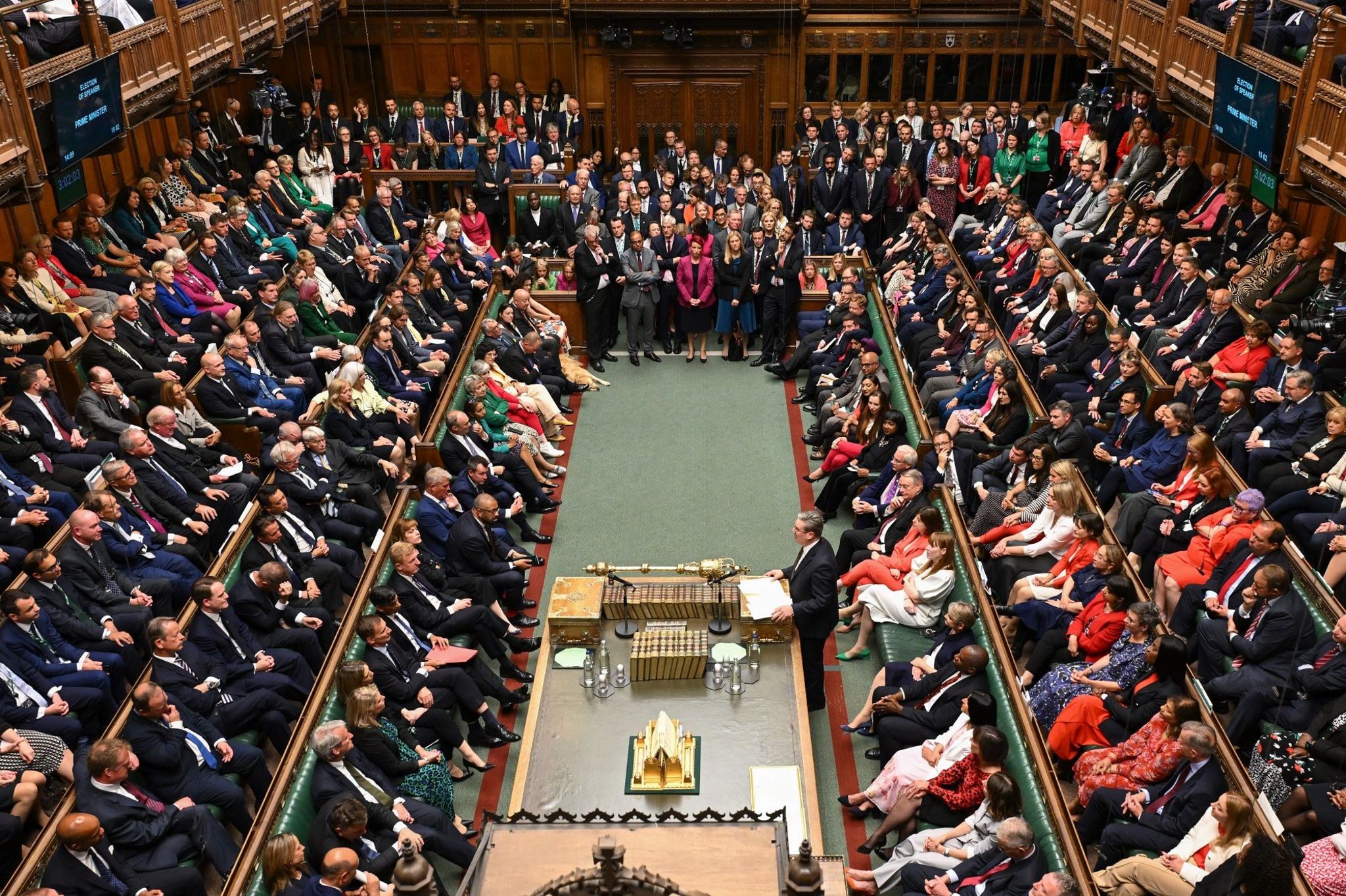At COP27 a UN Expert Group demanded that business should be charged with obligations to address climate change.
That seems controversial but is a profoundly pro-business proposal. Indeed, if the world does not define the climate obligations of enterprises, and if climate change causes damage, companies’ risk being sued out of existence.
It is perfectly plain that green campaigners will increasingly be taking companies to court if they turn a blind eye to the damage their operations are doing. Indeed, its already happening. Few doubt that companies have some responsibility to address the climate challenge.
Taken together with those of governments and individuals, these responsibilities must deliver a sustainable planet. But what is the company’s responsibility? We don't have a clear definition. Yet if the climate crisis is not addressed companies will be called to account for their failure.
This has happened before. In the 1960’s asbestos companies were aware of the hazards of their products. At the time, it was not illegal to mine, or process asbestos, without proper protection. By the 1980’s the mood had changed. The asbestos companies were taken to court and sued out of existence. They nearly brought down the insurance industry with them.
Defining the responsibility of companies is not just essential for a sustainable planet. It is also essential as part of the quasi-legal architecture that allows commerce to flourish and gives companies a license to trade. Business needs this to happen now if we are to preserve our commercial system for the future.
By the time we feel the effects of an out-of-control climate, and our great energy, power and transportation companies are taken to court for breaching their duties, it will be too late.











